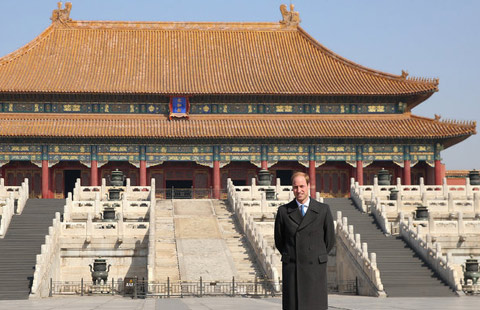"Our government has many protective measures, but why does local government not implement them? Many cultural heritages are now facing a crisis. In many places, bulldozers knock down the cultural relics in spite of protection laws. For what? What's the reason? Besides the factors of economic interest and some officials' unawareness of the value of traditional culture, one of the reasons should be that they didn't have the laws in mind," said Feng.
Feng puts great importance on administration according to the law in cultural heritage protection. He also suggested the government adds the implementation of the two laws into key factors of annual appraisal for local officials, and build an accountability mechanism for local governments.
China is home to millions of historically significant villages, but once-resourceful and diverse cultures are dying at a stunning speed. In 2009, Feng initiated the first Intangible Cultural Heritage Data Base Center, keeping a digital record of the folklore of ancient villages, including legends, operas, riddles and living customs.
"The safeguarding of intangible cultural heritage is a long-term task. We should take good care of the precious heritage left by our ancestors," said Feng, who has dedicated himself to the protection of cultural heritage for years.
When talking of pop culture and traditional culture, Feng said innovation is necessary to meet aesthetic standards, but the essence of classics should be carefully selected and preserved.









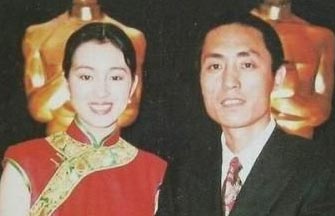










 Raymond Zhou:
Raymond Zhou: Pauline D Loh:
Pauline D Loh: Hot Pot
Hot Pot Eco China
Eco China China Dream
China Dream China Face
China Face



